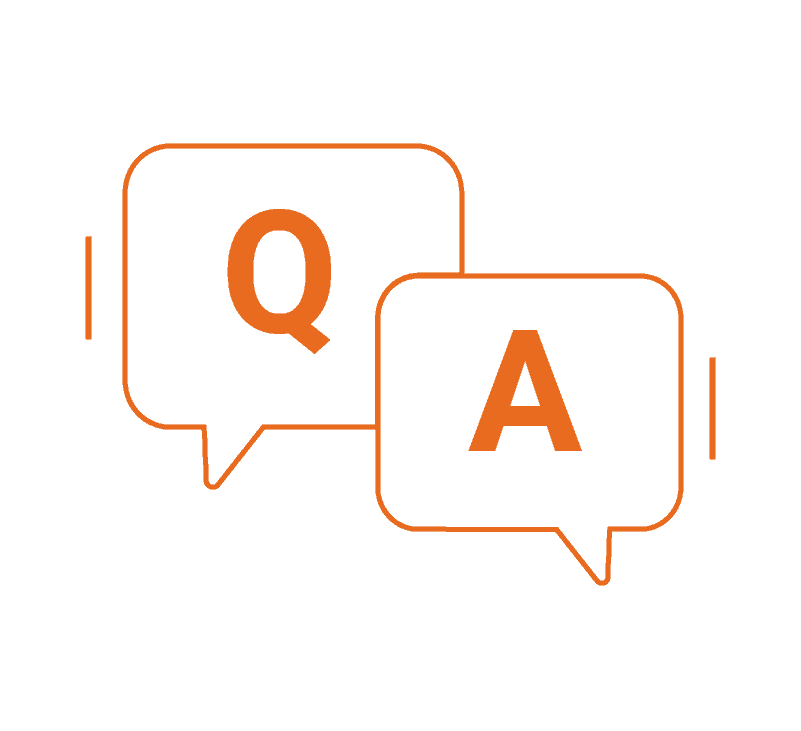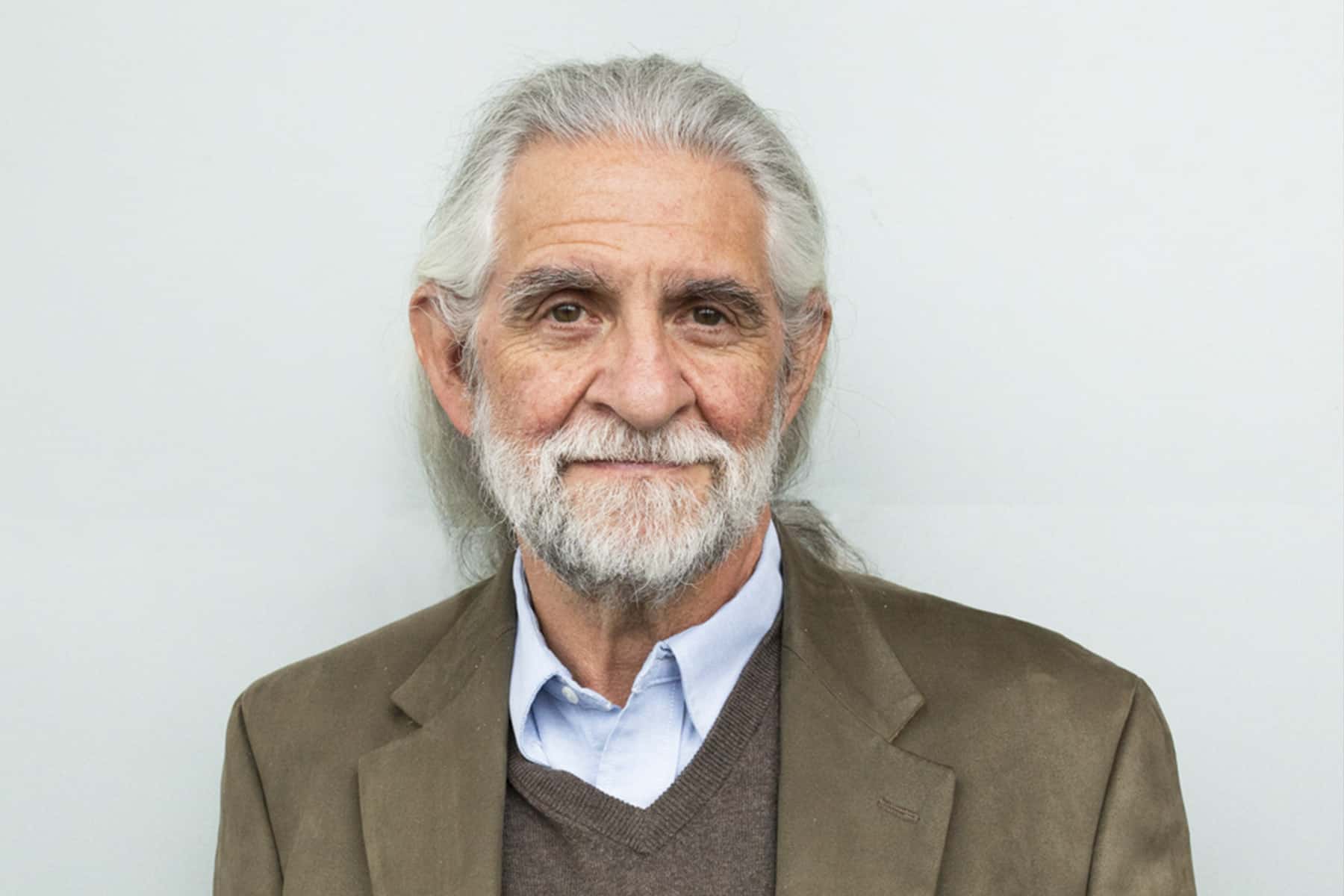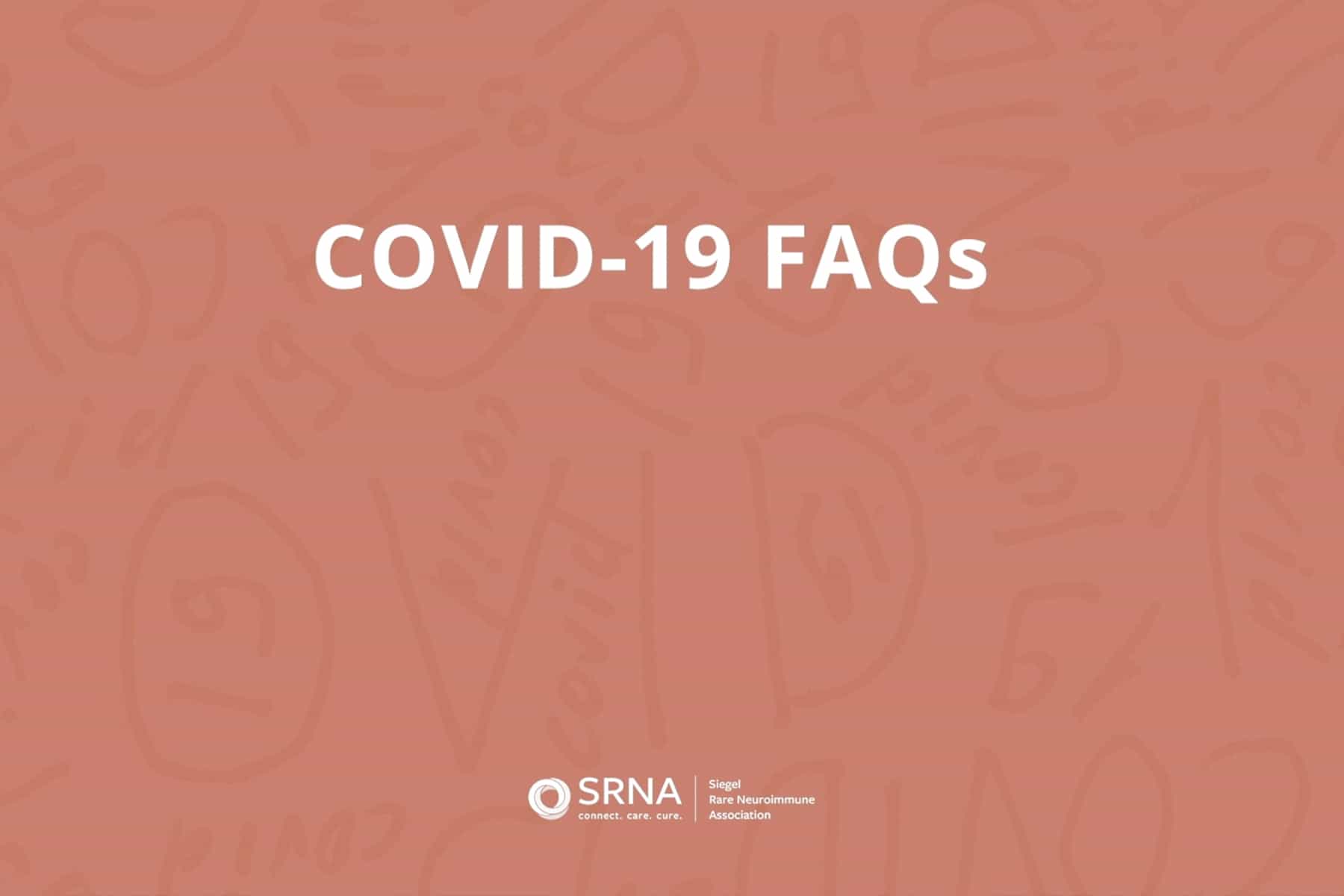As the spread of coronavirus (COVID-19) continues across the world, it’s important our community knows and understands the risks associated with this virus in the setting of a rare neuroimmune disorder. Risk factors associated with COVID-19 may vary significantly for each individual diagnosed with a rare neuroimmune disorder (ADEM, AFM, MOGAD, NMOSD, ON, and TM). Although many who live with these diagnoses are healthy individuals, there are many with compromised or suppressed immune systems, respiratory concerns, and other factors that make their susceptibility to illness more significant. Each individual and family should know their risks and take appropriate precautions relative to their diagnosis and, if in doubt, consult your treating physician.
Since the situation is rapidly changing, it is essential to check the frequent updates posted on the Centers for Disease Control and Prevention website and the website of your state’s Department of Health. A list of resources is available below.
The information and resources provided about coronavirus (covid-19) and rare neuroimmune disorders have been developed with members of SRNA’s Medical and Scientific Council. The information and resources provided are meant to be an educational resource and do not constitute medical advice. For specific information about treatments, symptoms you may be experiencing or questions about personal exposure as someone with a rare neuroimmune disorder or as a caregiver, please contact your physician directly.
COVID-19 Vaccines: Q&A with Dr. Greenberg
Dr. Benjamin M. Greenberg, member of SRNA’s Board of Directors and SRNA’s Medical and Scientific Council, discussed COVID-19 vaccinations and the implications for those with rare neuroimmune disorders.
COVID-19 Q&A Series
We’re committed to sharing what we learn from our medical experts with you and providing answers to your questions. Members of our medical and scientific council have shared what we understand today in SRNA’s COVID-19 Q&A series.
COVID-19 and rare neuroimmune disorders
Drs. Benjamin Greenberg, Michael Levy, and Carlos Pardo gave a talk on COVID-19 and rare neuroimmune disorders at the 2021 Rare Neuroimmune Disorders Symposium. During the talk, they discussed the latest information about how COVID-19 is affecting this community, as well as the safety of the vaccines and boosters.
General Recommendations from SRNA’s Medical and Scientific Council
Please note these are general recommendations and are not medical advice. The information is provided for general information purposes and should not be relied on as a substitute for professional medical advice, care, treatment or for diagnosis. Do not change your medication or regime without talking to your doctor first.
Recommendations for those with rare neuroimmune disorders do not differ much from guidelines given to the general population, although many individuals in our community may be considered high risk. Anybody with respiratory deficits or weakness in the chest or diaphragm, which can occur after damage to the spinal cord, will be at high risk of complications because of the difficulties generated by the pneumonia, hypoventilation or respiratory distress. Dr. Benjamin Greenberg of the University of Texas Southwestern noted, “It is important for all patients on immunosuppressive regimens to take precautions against being exposed to the circulating Coronavirus. Frequent hand washing, reduced public exposure, and social distancing are all recommended. Stay up to date with NORD and CDC recommendations and discuss specific concerns with your health care providers. If you develop fevers or respiratory symptoms, seek care as dictated by your local providers.”
Long-term treatments for Neuroimmune Disorders and COVID-19
Although there is no evidence or data about how COVID-19 may affect patients on long-term treatments for multiple sclerosis (MS), NMOSD, or MOGAD, at the present our view is that people with these conditions would not normally need to stop taking a disease-modifying treatment as a result of the threat of the virus. For patients taking medications for MS such as Glatiramer Acetate (Copaxone® and Glatopa®) and beta interferons (Avonex, Plegridy, Rebif or Betaseron), which are not immunosuppressive medications, the risk is theoretically low.
If you are on immunosuppressive medications such as Mycophenolate (Cellcept®), azathioprine (Imuran®), methotrexate or other steroid-sparing medications, please make sure you update the safety laboratory testing (e.g., Complete blood cell count and differential, liver function test and immunoglobulins).
For patients on Tysabri, or B-cell therapies such as Rituximab or Ocrelizumab (Ocrevus®), a similar update of safety blood tests is recommended.
Glatiramer acetate (brand name: Copaxone), teriflunomide (brand name: Aubagio), dimethyl fumarate (brand name: Tecfidera) and beta-interferons (various brand names) are generally likely to be safer than the other DMTs as they are not considered to be generalized immunosuppressive therapies. We likewise recommend that people with MS who are taking natalizumab (Tysabri) continue as normal, noting that we will be closely monitoring the developing situation.
Mental Health and Coping with COVID-19
We understand the importance of taking care of your mental health in addition to your physical health, as many of us are feeling isolated and concerned about what’s to come. The COVID-19 outbreak may be stressful to you and your loved ones. It may be difficult to cope with the fear and anxiety, particularly when there is uncertainty.
Here are some resources on managing stress, fear, and anxiety during this time:
- Helping Children and Families Manage and Cope with Stress During COVID-19: SRNA Ask the Expert podcast with Ana M. Hernandez, MS, CBIS and Lana Harder, PhD, ABPP. The experts give stress management techniques for adults and children experiencing stress due to the COVID-19 pandemic. They discuss homeschooling and parenting, how to manage family dynamics, and ways to practice self-care.
- Mental Health America: dedicated to those living with mental illness and to promoting overall mental health
- Center for Chronic Illness: provides educational and emotional support for people with rare/chronic illnesses via web-based support groups
- Happy- 24/7: offers support and encouragement from peer support counseling (new users can try it free of charge)
- The National Alliance of Mental Illnesses (NAMI) offers a coronavirus information and resource guide
- CDC’s Managing Anxiety and Stress Recommendations
- Massachusetts General Hospital: Guide to Mental Health Resources for COVID-19
- How to Deal with COVID-19 Anxiety Podcastby Dr. Ahmad Raza, professor of psychiatry at UT Southwestern’s O’Donnell Brain Institute.
- Just For Kids: A Comic Exploring The New Coronavirus
- How Working Parents Can Prepare for Coronavirus Closures
- Psychology Today: Talking to Your Student About Current Realities (older and college students)
- Talking with Your Child About Coronavirus: A Social Story
- PBS: How to talk to your kids about Coronavirus
- American Psychological Association (APA): Advice for caregivers of children with disabilities in the era of COVID-19
- American Psychological Association (APA): How disabled Americans can cope with the COVID-19 crisis
In-Home Care During COVID-19
Dr. Benjamin Greenberg addressed the question “what should I do if I require in-home care?” on our COVID-19 Q&A Series. He mentions that home care worker visits should be limited as much as possible and only include care that is necessary. No one with symptoms of fever, cough, or shortness of breath should be present. No one with known coronavirus exposures should come. Finally, they should pursue frequent hand washing. CDC recently recommended wearing masks in situations when social distancing is not possible, which is likely the case for home care workers.
Additional resources on this topic:
- AARP: In-Home Care During COVID-19 Crisis
- The UW Medicine Virtual Clinic is easily accessed in all 50 states by phone, computer or app. No need to choose between healthcare and the highway.
Financial Assistance
Several organizations are providing financial assistance to individuals living with any disability, diagnosis, or chronic illness to help alleviate the financial burden of the COVID-19 pandemic. Please find links below to organizations providing financial assistance. For questions about eligibility, please directly contact the organization.
- NORD COVID-19 Critical Relief Program
- United Spinal Association COVID-19 Relief Grant
- Laughing at my nightmare COVID-19 Resource Relief (CRR) Program
- Acute Flaccid Myelitis Association COVID-19 Relief Acute Flaccid Myelitis Grant
Resources
Please take the time to familiarize yourself with the resources below. Bookmark these links and refer back to them as the situation is continuously developing and quickly changing. Be proactive and cautious, act with knowledge and not out of fear.
Unlocking controversies around causation In this panel discussion Dr. Benjamin Greenberg and Michael Levy reviewed current understanding and knowledge, and answered questions. Authoring Date: 2023-10-07 |
Unlocking the diagnostic odyssey At the 2023 Regional RNDS, Dr. Kyle Blackburn described the diagnoses of ADEM, AFM, MOGAD, NMOSD, ON, and TM, and answered questions. Authoring Date: 2023-10-07 |
2023 Regional Rare Neuroimmune Disorders Symposium The 2023 Regional RNDS was a one-day education and advocacy conference for those affected by rare neuroimmune disorders. Authoring Date: 2023-10-07 |
2023 AFM Together | Live Q and A Session Drs. Grace Gombolay and Cristina Sadowsky answered questions from the audience during the AFM Together event on July 21, 2023. Authoring Date: 2023-07-21 |
2023 TM Together | Live Q and A Session Drs. Kyle Blackburn and Jonathan Galli answered questions from the audience during the TM Together event on June 9, 2023. Authoring Date: 2023-06-09 |
2023 MOGAD Together | Live Q and A Session Dr. Anastasia Vishnevetsky and Dr. Elena Grebenciucova answered questions from the audience during the MOGAD Together event on April 7, 2023. Authoring Date: 2023-04-07 |
COVID-19 and the Risk of CNS Demyelinating Diseases Dr. Michael Levy gives a brief overview of his paper, “COVID-19 and the risk of CNS demyelinating diseases: A systematic review.” Authoring Date: 2023-02-20 |
2023 NMOSD Together | Live Q and A Session Dr. Grace Gombolay and Dr. Elena Grebenciucova answered questions from the audience during the NMOSD Together virtual event on March 3, 2023. Authoring Date: 2023-03-03 |
2022 Rare Neuroimmune Disorders Symposium The RNDS is an educational conference about the diagnosis, research, and treatment strategies for rare neuroimmune disorders. Authoring Date: 2022-10-09 |
2022 RNDS | Q&A and Closing Remarks The last Q&A of the 2022 Rare Neuroimmune Disorders Symposium (RNDS) included a medical expert panel and closing remarks by Dr. Carlos Pardo. Authoring Date: 2022-10-09 |
An open moderated panel session to discuss trending topics in rare neuroimmune disorders Join us for this open discussion and Q&A session as medical experts covered trending topics in rare neuroimmune disorders at the 2022 RNDS. Authoring Date: 2022-10-08 |
COVID-19 Vaccines with Dr. Greenberg | Part VII In Part 7 of our Q&A series, Dr. Benjamin M. Greenberg, member of SRNA’s Board of Directors and SRNA’s Medical and Scientific Council, discussed COVID-19 vaccinations and the implications for those with rare neuroimmune disorders. Authoring Date: 2022-08-22 |
The Future of Diagnosing Transverse Myelitis Dr. GG deFiebre was joined by Drs. Kyle Blackburn, Stacey Clardy, Eoin P. Flanagan, Benjamin Greenberg, Michael Levy, and Carlos Pardo-Villamizar. Authoring Date: 2022-01-14 |
COVID-19 and Rare Neuroimmune Disorders Drs. Michael Levy, Carlos Pardo, and Benjamin Greenberg discussed what is currently known about COVID-19 and rare neuroimmune disorders at the 2021 RNDS. Authoring Date: 2021-10-10 |
ABCs of NMOSD – COVID-19 and NMOSD Updates GG deFiebre, PhD was recently joined by Dr. Michael Levy of Massachusetts General for an ABCs of NMOSD podcast on “COVID-19 and NMOSD Updates.” Authoring Date: 2021-12-16 |
|
2021RNDS October 8-10 2021, Virtual Conference Resources Resource Center Day 1 | TracksOctober 8 | 10:50 AM ET Welcome Roberta Pesce & Sandy Siegel, PhD Watch Video Download Transcript October [...] Authoring Date: 2021-10-10 |
Outcomes of coronavirus disease 2019 in patients with neuromyelitis optica and associated disorders Authoring Date: 2020-12-10 |
Evidence Related to COVID-19 in People Living with Spinal Cord Injury Authoring Date: 2020-12-18 |
|
Authoring Date: 2021-11-05 |
COVID-19 Vaccines with Dr. Greenberg | Part VI Dr. Benjamin M. Greenberg discusses COVID-19 vaccinations and the implications for those with rare neuroimmune disorders. | Part VI Authoring Date: 2021-08-19 |
ABCs of NMOSD – COVID-19 and NMOSD GG deFiebre of SRNA hosted this ABCs of NMOSD podcast entitled, “COVID-19 and NMOSD,” with expert speaker Dr. Michael Levy. Authoring Date: 2021-05-07 |
COVID-19 Vaccines with Dr. Greenberg | Part V Dr. Benjamin M. Greenberg discusses COVID-19 vaccinations and the implications for those with rare neuroimmune disorders. | Part V Authoring Date: 2021-04-15 |
AFM Working Group Meeting: Are enteroviruses coming back in 2021 after COVID 19 is tapering off? The AFM Working Group met to discuss the topic, “Are enteroviruses coming back in 2021 after COVID-19 is tapering off?” on March 18, 2021. Authoring Date: 2021-03-18 |
COVID-19 Vaccines with Dr. Greenberg | Part IV In Part IV of our Q&A series, Dr. Benjamin M. Greenberg discusses COVID-19 vaccinations and the implications for those with rare neuroimmune disorders. Authoring Date: 2021-03-05 |
Dr. Michael Levy’s Research at The NMO Clinic and Research Laboratory at Mass General Dr. Michael Levy joined SRNA for an episode of our Ask the Expert Podcast Series: Research Edition to talk about research he is conducting. Authoring Date: 2021-02-16 |
Additional Resources
- World Health Organization (WHO)
- Centers for Disease Control and Prevention (CDC)
- National Institutes of Health (NIH)
- National Organization for Rare Disorders (NORD)
- Shepherd Center
- Massachusetts General Hospital Department of Neurology COVID 19 (Coronavirus) Patient Information Bulletin
- Center for Disability Rights — Action Steps for Attendant Service Users in Response to Coronavirus Disease 2019 (COVID-19)
- New Mobility — Disability-Specific Recommendations for COVID-19
- Christopher & Dana Reeve Foundation — The Coronavirus and spinal cord injury
- The Administration for Community Living has information specific for people with disabilities and older adults.
- Social Security & Coronavirus
- Medicare & Coronavirus — what is covered, Medicare has temporarily expanded its coverage of telehealth services
- Johns Hopkins Coronavirus Resource Center
- Resources for Emergency Health Professionals: Clinician Outreach and Communication Activity (COCA) prepares clinicians to respond to emerging health threats and public health emergencies by communicating relevant, timely information related to disease outbreaks, disasters, terrorism events, and other health alerts.
- Disability COVID-19 Healthcare Support Advocacy Hotline: Call (800) 626-4959 if you are disabled and need COVID-19 related medical advocacy or other support or send an email to [email protected].
- Special Education and the Coronavirus: Legal FAQs About IEPs
- How COVID-19 impacts people with disabilities
- U.S. States and Territories Modifying Requirements for Telehealth in Response to COVID-19
- Spinal Cord Injury Canada: COVID-19 Guidance for Our Spinal Cord Injury Community
- COVID-19 Back-to-school guidance (Children’s Health)
You may also be interested in
Live Instagram Conversations
During the next couple of weeks we will be sharing pearls of knowledge and hope surrounding the COVID-19 pandemic by hosting live conversations with some of our favorite people. Our hope is to share experiences from people in our community, learn how others are coping in this extraordinary time, and show you that you are not alone.
COVID-19 Q&A Series
There are still many unknowns about how the COVID-19 pandemic may affect those with chronic illnesses, suppressed or compromised immune systems, autoimmune disorders, and underlying health issues. We’re committed to sharing what we learn from our medical experts with you.











